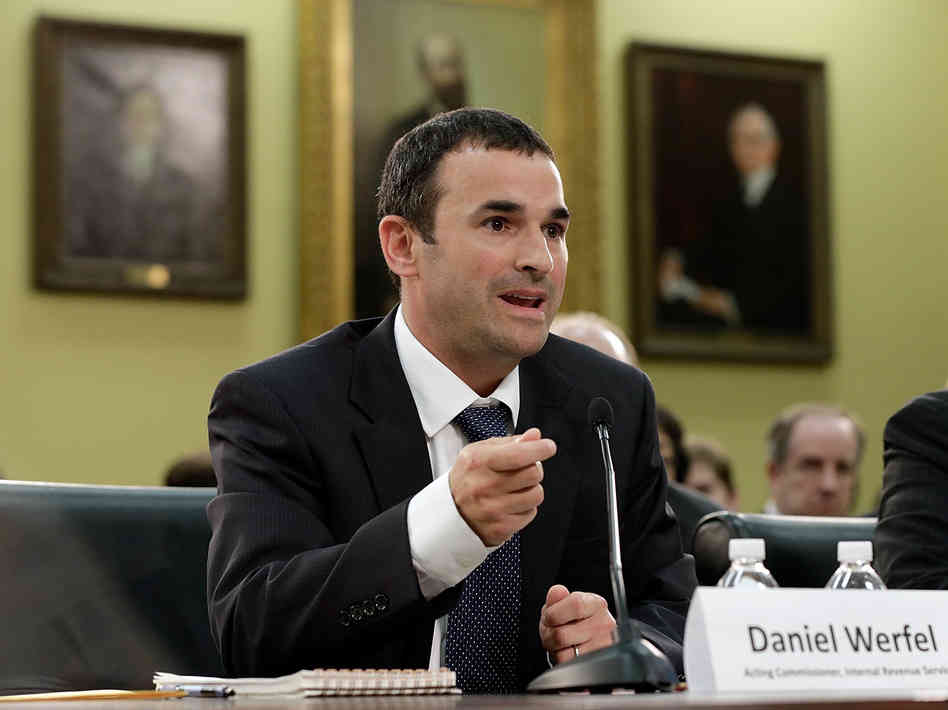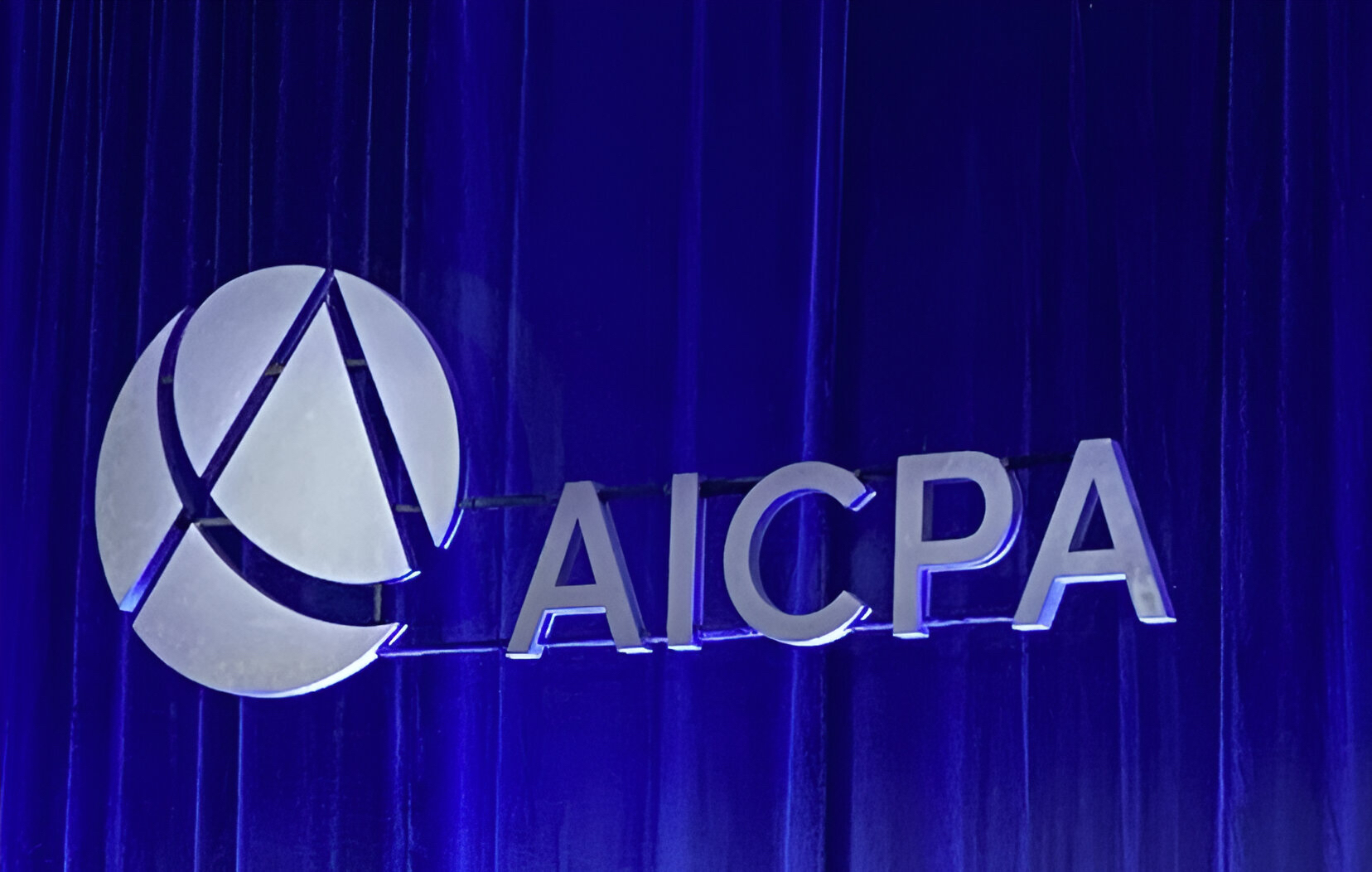WASHINGTON – Internal Revenue Service Principal Deputy Commissioner Danny Werfel has issued a report outlining new actions and next steps to fix problems uncovered with the IRS’ review of tax-exempt applications and improve the wider processes and operations in place at the IRS.
The IRS has admitted that some of the employees in a division that determines eligibility for tax-exempt status had used keywords such as tea party to identify potential groups that might be engaged more in political activities, which are not supposed to be the primary focus of tax-exempt. groups.
The three-part report covers a wide range of areas Werfel and his leadership team examined during the past month. The report cites actions to hold management accountable and identifies immediate steps to help put the process for approving tax-exempt applications back on track. Werfel also outlines actions needed to protect and improve wider IRS operations, ranging from compliance areas to taxpayer service.
“It is critical that the IRS takes steps to ensure accountability, address the problems uncovered in recent weeks and improve the operations of the IRS to continue to carry out our critical mission on behalf of the public,” Werfel said. “We have made a number of changes already, more are in the works and even more will develop as we move forward.”
Importantly, the initial IRS review shows no signs of intentional wrongdoing by IRS personnel or involvement by parties outside the IRS in the activities described in the recent TIGTA report. However, the report notes that investigations are ongoing, and that the IRS is committed to a full fact-finding effort to provide the public answers to these and other important questions.
“The IRS is committed to correcting its mistakes, holding people accountable, and establishing control elements that will help us mitigate the risks we face,” Werfel said. “This report is a critical first step in the process of restoring trust in this critical institution. We have more work in front of us, but we believe we are on the right track to move forward.”
Werfel’s report, titled “Charting a Path Forward at the IRS: Initial Assessment and Plan of Action,” covers three primary areas:
Accountability. This covers the steps being taken to ensure accountability for the mismanagement described in last month’s Treasury Inspector General for Tax Administration (TIGTA) report:
- The report finds that significant management and judgment failures occurred, as outlined in the TIGTA report. These contributed to the inappropriate treatment of taxpayers applying for tax- exempt status.
- To address this, new leadership has been installed across all five executive management levels involved in the chain of command connected to these matters. In addition, the IRS has empaneled an Accountability Review Board to provide recommendations within 60 days (and later as needed) on any additional personnel actions that should be taken.
Fixing the Problems with the Review of Applications for Tax-Exempt Status. This part covers several process improvements underway to ensure that taxpayers are treated appropriately and effectively in the review of applications for tax-exempt status:
- The report outlines a new voluntary process to help certain applicants gain fast-track approval to operate as a 501(c)(4) tax-exempt entity if they are being reviewed for advocacy questions and have been in our application backlog for more than 120 days. This self-certification process allows them a streamlined path to tax-exempt status if they certify they will operate within specified limits and thresholds of political and social welfare activities. In addition, the IRS has added new technical and program staff to assist with reviewing 501(c)(4) applications.
- The IRS also suspended the use of any “be-on-the-lookout,” or BOLO lists in the application process for tax-exempt status.
Review of IRS Operations and Risks. The report identifies a series of actions to ensure taxpayers that selection criteria across the IRS are appropriate and that taxpayers are aware of how they can seek assistance if they have concerns about the IRS. The report further outlines steps underway to ensure that critical program or operational risks within the IRS are identified early, raised to the right decision-makers and shared timely with key stakeholders:
- The report calls for establishing an Enterprise Risk Management Program to provide a common framework for capturing, reporting and addressing risk areas across the IRS. This will improve timeliness in bringing information to the attention of the IRS Commissioner and other IRS leaders as well as key stakeholders to help prevent future instances of inappropriate treatment or mismanagement.
- Although there is no current evidence that selection criteria in other IRS organizations is inappropriate, the nature of the problems identified in the tax-exempt application process warrants a review of certain process controls within the IRS. The IRS will initiate a comprehensive, agency-wide review of compliance selection criteria. Results will be shared with the Department of the Treasury, the IRS Oversight Board, and the Chairpersons of the House Ways and Means Committee and the Senate Finance Committee.
- The IRS will initiate additional internal and external education and outreach about the role of the National Taxpayer Advocate in assisting taxpayers in resolving problems they encounter with the IRS.
In addition to posting the report on IRS.gov, the IRS will regularly update the progress made on the TIGTA report’s recommendations and provide other developments related to this effort.
Thanks for reading CPA Practice Advisor!
Subscribe Already registered? Log In
Need more information? Read the FAQs
Tags: IRS




